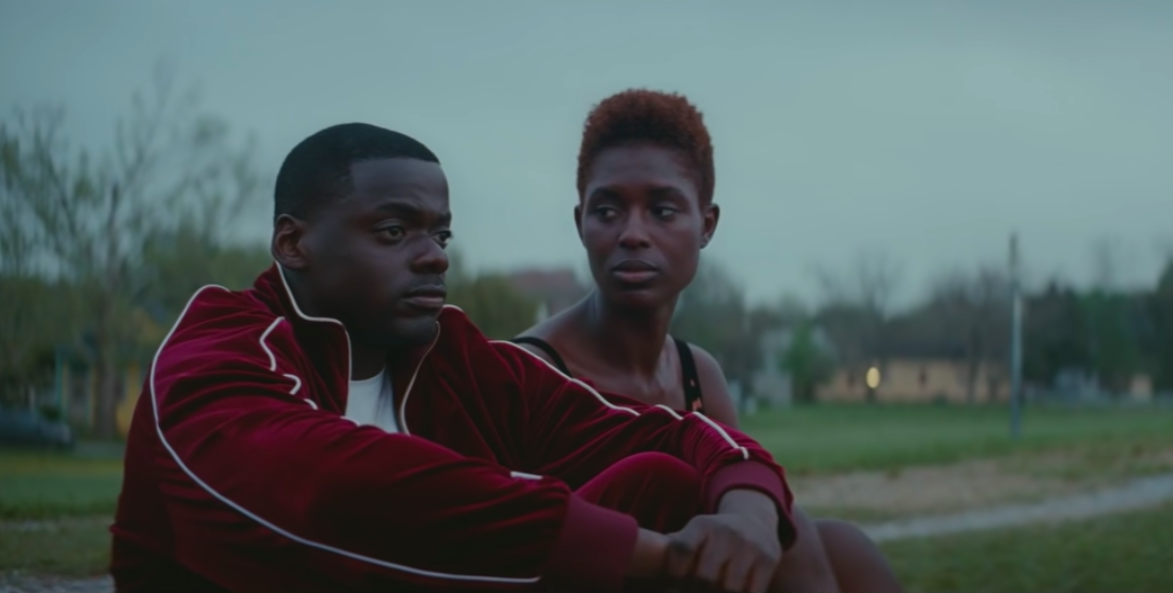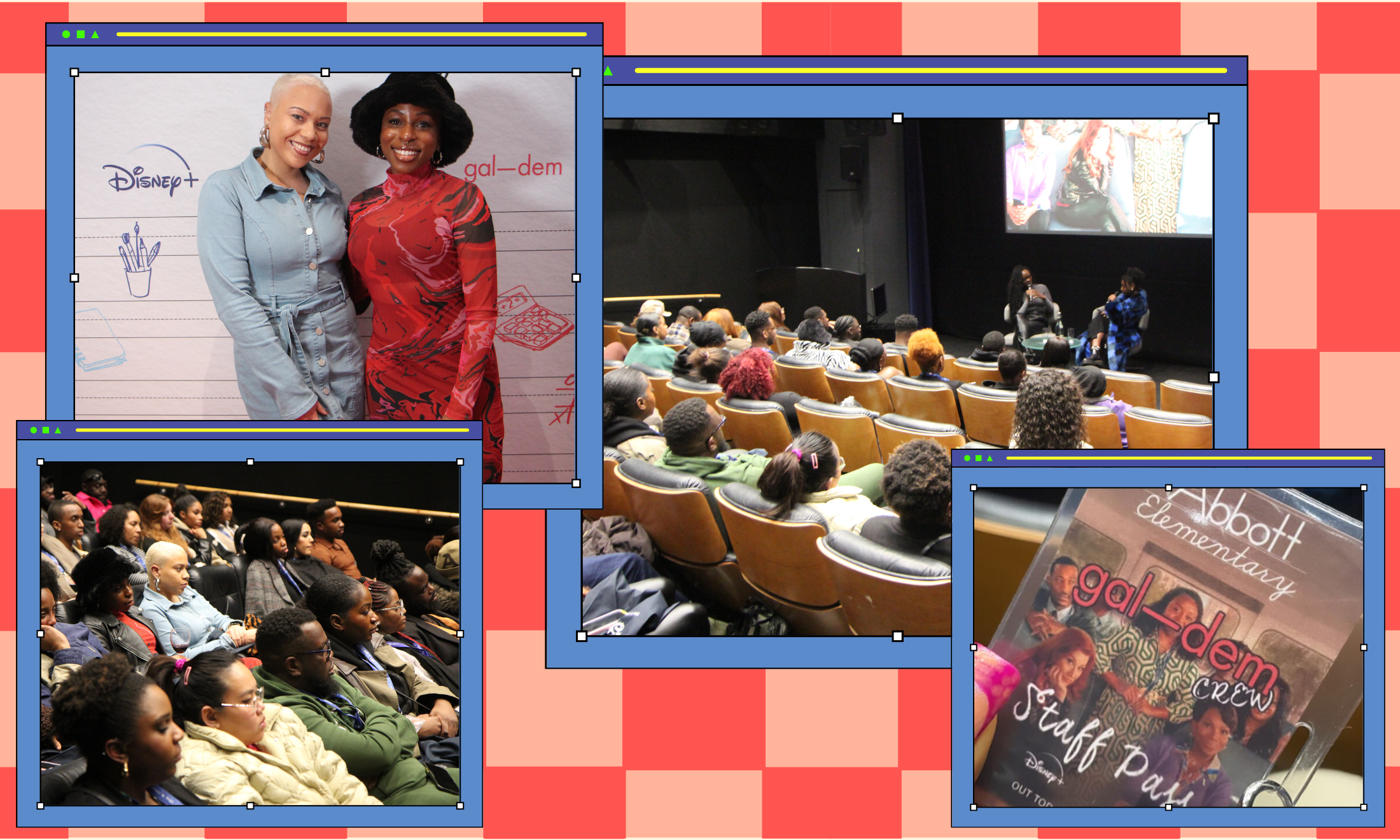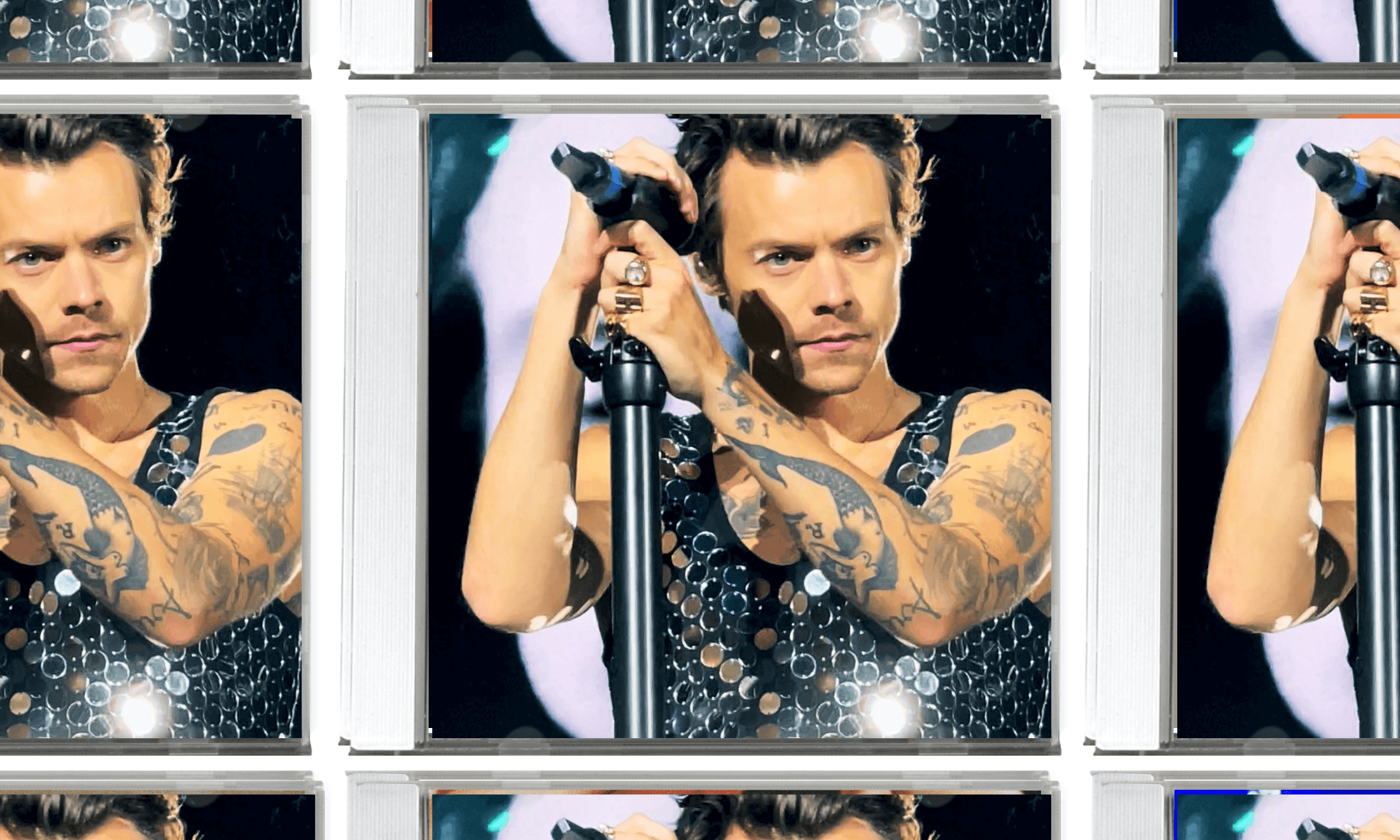
Queen & Slim review: great gowns, beautiful gowns
(SPOILERS) This love story of a young black couple on the run is a visual feast… even if, at times, it is narratively challenged.
Niellah Arboine
31 Jan 2020
There’s a moment in Queen & Slim where Slim, played by Daniel Kaluuya turns to Queen (Jodie Turner-Smith) and asks, “why do black people always feel the need to be excellent?” and I think that pretty much sums up this film.
Loosely from the mind of James Frey (the guy Oprah publicly badded up for making up parts of his memoir, A Million Little Pieces) and written up by Lena Waithe, Queen & Slim had been sold as the black Bonnie and Clyde. This comparison does a massive disservice to Queen & Slim, though, seeing as Bonnie and Clyde just want to watch the world burn whereas neither of our protagonists have a motive.
When we first meet the pair, they’ve also only just met each other, navigating a very millennial awkward Tinder date in a quiet roadside diner. Slim’s a Costco employee, loves God and is pretty content with his life with a chirpy demeanour. He chooses the restaurant because it’s black-owned. Queen, on the other hand, is a no-nonsense lawyer, who outwardly seems fiercely independent and often alludes to a challenging past. Driving home in his humble Honda after dinner, they get into an altercation with a racist cop which results in Queen being shot in the thigh and Slim shooting the police officer dead in self-defence. The two then go on the run, becoming social justice figures along the way.
I’ll preface my critique by saying I’m not African American, I’m black-Carribean British. While, I understand our histories have similarities, and anti-blackness is global – this isn’t necessarily my story. I say this because I didn’t pick up all the hidden Easter eggs. After watching Kim’s review on For Harriet, I found out about this idea of Queen & Slim being a “reverse slave escape narrative”, as they decide to travel from the north to the south with their first stop being New Orleans. Queen and Slim’s final stop Cuba, they recall, is the same place Assata Shakur escaped to and was granted political asylum when she was put on the FBI most wanted list. The two also hide under the floorboards from the police in one of the final scenes, a direct nod to techniques used to hide enslaved people along the underground railroad networks. The messages in the film were clearly intentional and thought through, even if at times it was lost on me.
“Queen & Slim made me believe in that caution-to-the-wind, ride or literally die kind of love”
Queen & Slim made me believe in that caution-to-the-wind, ride or literally die kind of love. The type of love where bills and matching your socks on laundry day don’t matter. In that sense, it was practically Shakespearean – intense, tragic, all-consuming. They make a decision to leave everything they’ve ever known for each other and their freedom. Although Queen & Slim is ultimately heart-breaking, it’s beautiful to see this kind of black love unfold and grow throughout the film. And this was also probably one of Daniel Kaluuya’s best performances to date. I felt everything Slim felt in my gut, just through his eyes. And his connection to Jodie Turner-Smith – I believed it.
There are so many positive aspects of this film. It’s visually stunning, undoubtedly it’s a real treat to watch. And there’s no surprise there, it’s the feature-length directorial debut of the wonderful Melina Matsoukas. She’s given us the music videos for Beyonce’s ‘Formation’, Rihanna’s ‘We Found Love’ and Solange’s ‘Losing You’ to name a few. The camera angles, the imaginative and unique backdrops: I could sit and watch beautiful black people set in stunning backgrounds all day long. Even if it was at times impractical, the styling was wonderful – Slim’s maroon velour tracksuit, the braids, the fur coats. It’s unapologetically blackity-black-black-black.
Cinematographer Ava Berkofsky, who also worked on Insecure alongside Melina, does a splendid job of lighting dark skin. Everyone has a rich glow, even the nighttime scenes see highlights refract gorgeously off the actor’s cheekbones and shoulders. As for the soundtrack, I’ve been listening to it on repeat ever since. The score is by Dev Hynes with songs from the likes of Tiana Major9 and EARTHGANG, they even got living legend Lauryn Hill to write an original song ‘Guarding The Gates’.
When the late great Aretha Franklin was asked about a few younger artists in the industry, for Alicia Keys, she said “young performer, good writer, producer”, for Taylor Swift, on the other hand, Aretha could only muster up “great gowns, beautiful gowns”. By no means am I saying this film is Taylor Swift. But like the sentiment of Aretha Franklin’s statement, the aesthetic helps dress up the script, but it still doesn’t detract from the main sticking point: parts of the film just didn’t make sense to me.
“Even after finding so much of the script confusing, Queen & Slim still kicked me in the heart”
If you’re coming into this for a crime/drama thriller – beware there are more holes in the script than swiss cheese. For example, if you were public enemy number one and two, slow-whining in the club wouldn’t be at the top of the priority list. Does it look great? Yes. Does it make sense? No. Queen and Slim stop multiple times on the run to do some random stuff, they ride a horse on someone else’s property (without a saddle). Liberating, I’m sure, but you are on the run guys. Almost every single black person they meet knows they are fugitives and show support. I get the idea that they all show solidarity in the face of oppression – I guess it harks back to this underlying comparison to this being a “reverse slave escape narrative.” But, realistically if strangers knew my identity, black or otherwise, I’d be out.
For me, if you’re going to go into the realm of suspension of disbelief, go all the way, make the car fly. But when this is about police brutality and institutional racism, can we really bypass critical thinking for the sake of style? If throughout the duration I can see Queen’s bullet wound, the most incriminating identifier to their crime, due to her mini dress and snake-skinned heels then I can’t take their escape that seriously.
The icing on the WTF cake has to be this scene when their intimate and steamy sex scene in a car jumps to a civil rights protest every few frames. The romantic hanky panky is interrupted by the actions of a black boy, who after idealising the accidental actions of Queen and Slim, shoots a black police officer in the face. The boy is killed on site. My jaw popped open at this point. I’ve been thinking about this scene for a while, and I still can’t wrap my head around it. Not only was there no need to have these juxtaposing scenes overlapping, I’m not sure of the underlying message here – and if there is I can’t really find it. Perhaps it’s for that crescendo shocking moment in the film. I really don’t know, but clearly underlying messages get lost on me.
This is a film that could be seen as a black trauma sandwich to some or a delicate modern, Grecian tragedy to others. Even after finding so much of the script confusing, Queen & Slim still kicked me in the heart. Obviously, I cried when this young black couple got sprayed down by the police, bleeding out on the ground in each other’s arms. But I think I was crying because it was so painful to watch.
Even if the plot leaves a lot to be desired, the conversations this film has generated have been great. Lena Waithe herself said on Twitter, “we haven’t overcome until we can have honest opinions about each other’s work in public.” I’ve relished reading black critics’ words, and watching long YouTube videos about it and seeing how our interpretations differ or connect.
I guess Queen & Slim is important because we’re building up the cannon of black film. Not every movie is going to be another Moonlight, but it doesn’t mean it’s not a needed piece of art. It’s causing so much debate because we still don’t have enough in our catalogue. Middle of the road scripts and highly stylised, okay films are made by white people every day. Some of my favourite films are a solid 10% Rotten tomatoes bad, and I don’t care because it’s the way the film makes me feel that matters. Who knows, this could be immortalised as a classic in years to come. I loved the ambition, buzzing ideas and obvious hard work that went into this. But Slim was right, black people don’t need to be excellent to have a lasting impact.









